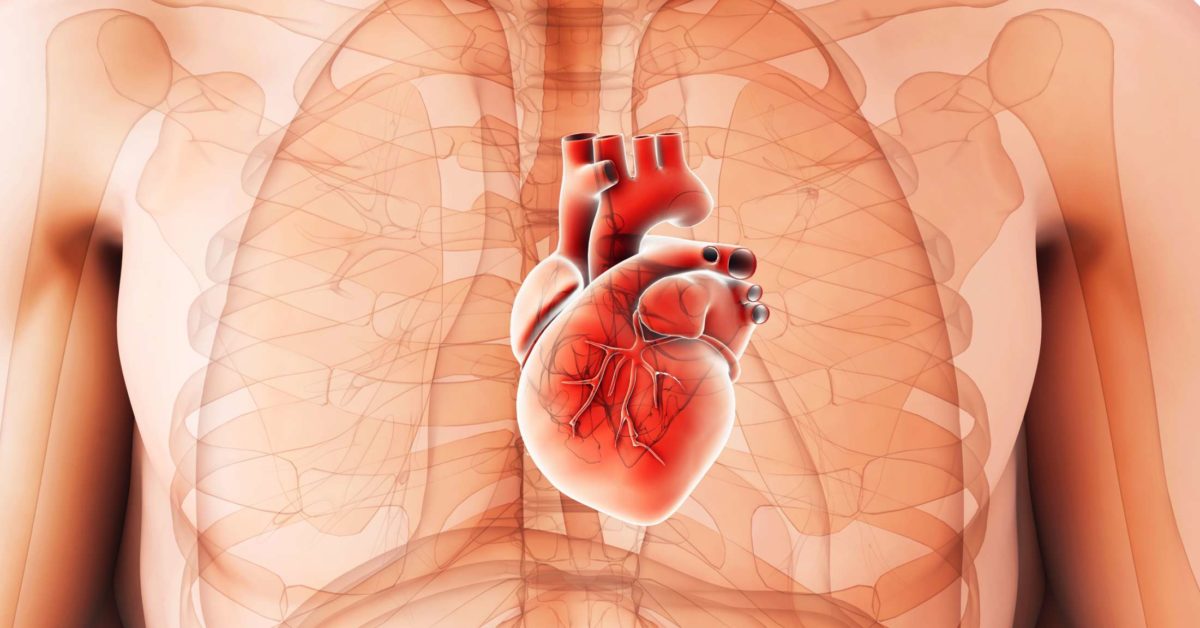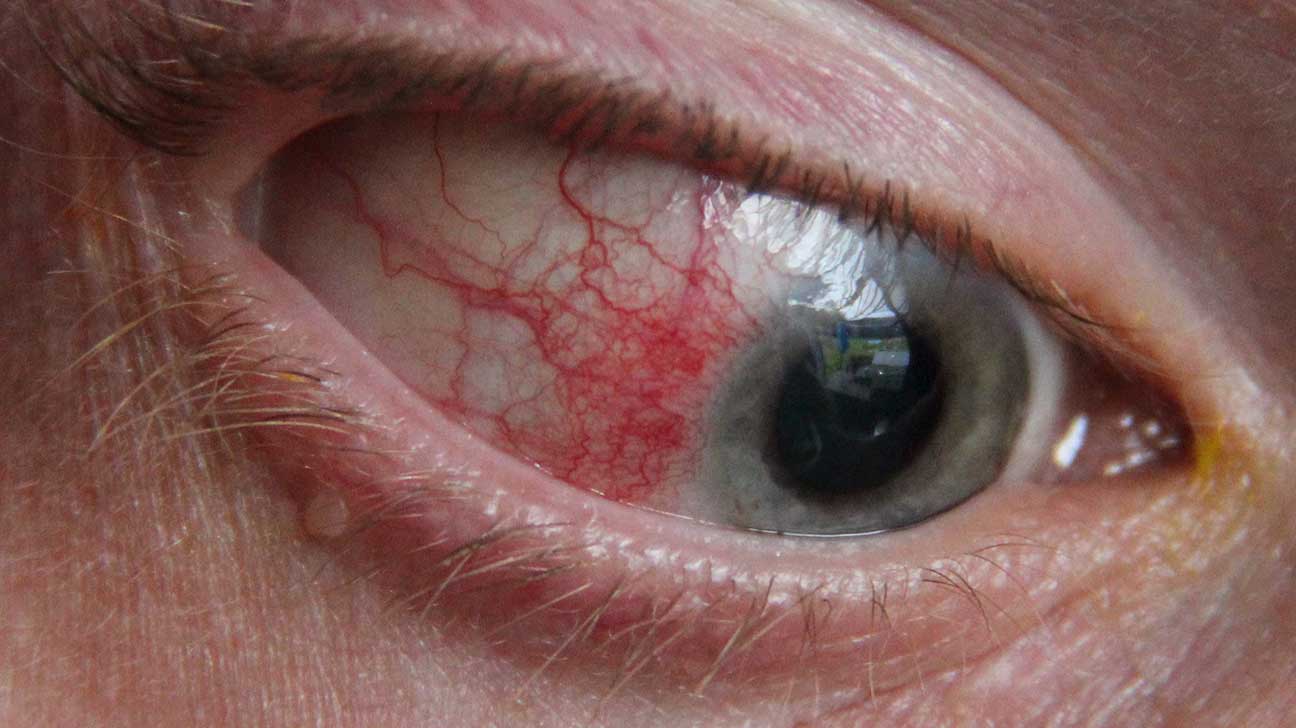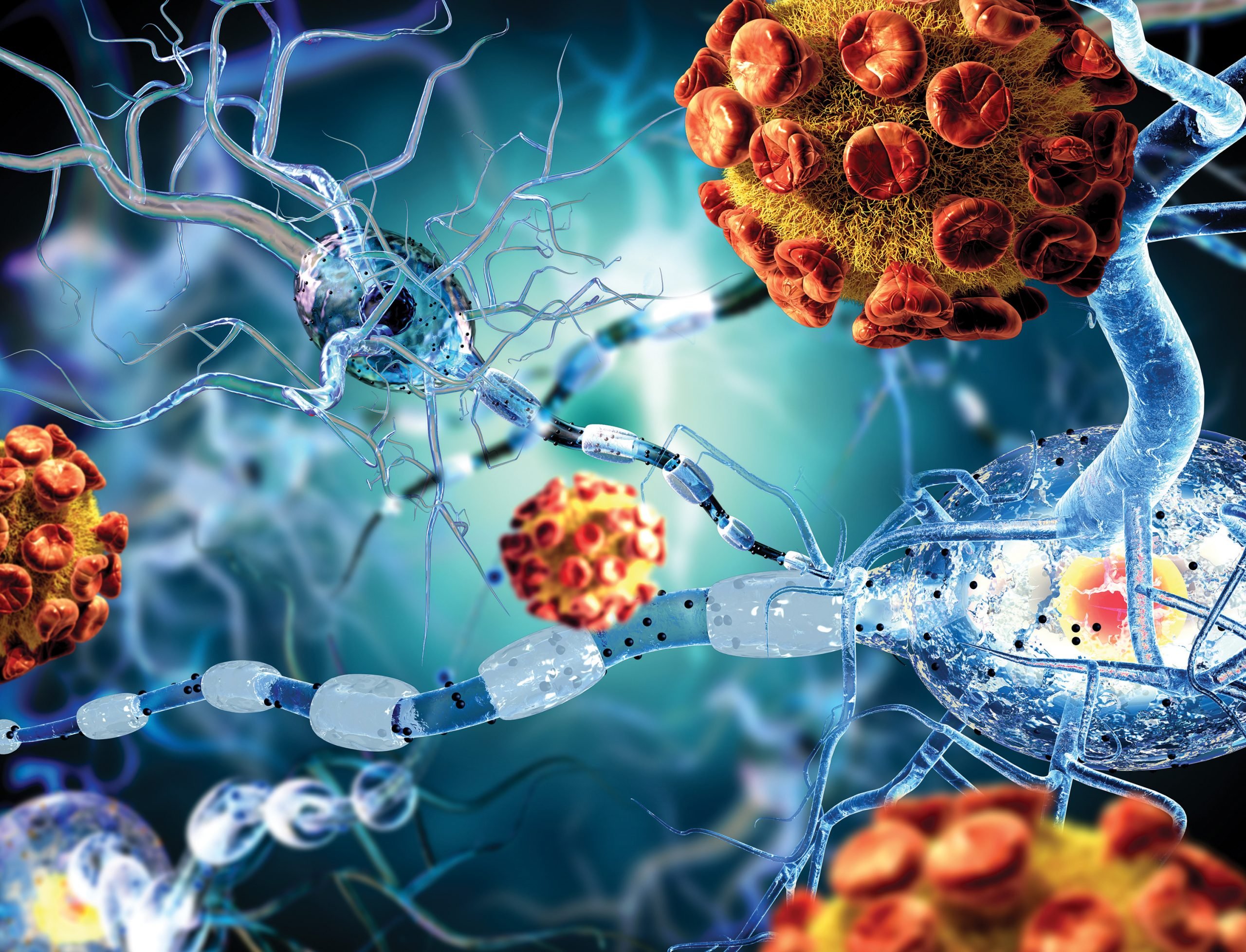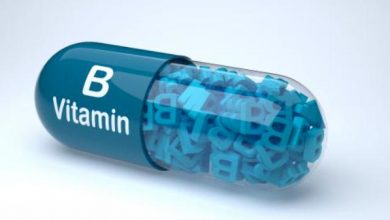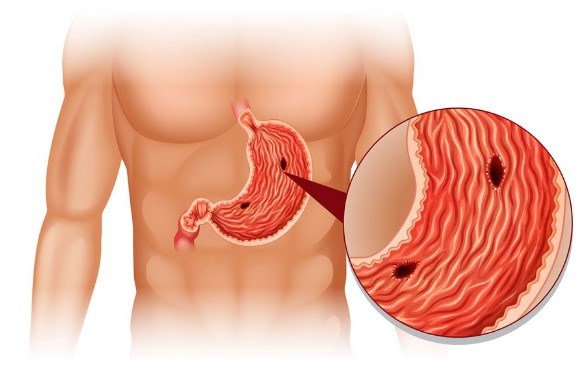What is insulin, and how should it be used?
This drug is in a group of drugs called insulin. Insulin is a hormone that the body uses to transfer blood sugar from the bloodstream to cells. Cells use sugar as the body’s fuel. If you have type 1 diabetes, it means that your pancreas cannot make insulin. Type 2 diabetes either does not produce enough insulin or the body cannot use insulin properly, so insulin stays in the bloodstream and raises blood sugar.
Injectable insulins are similar to body insulins, and increasing them in the body helps control blood sugar and prevent problems caused by diabetes.
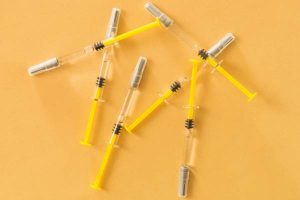
Important and brief facts about insulin:
Regular injections of this drug are usually done through different brands of medicines and are not widely available.
Insulin ampules should be used to combine a healthy diet and exercise to control blood sugar caused by type 1 or type 2 diabetes.
These drugs have short-term activity and can have long-term effects combined with other insulins and are usually injected under the skin.
How to use insulin?
The dose of insulin for type 1 diabetes depends on the following factors:
- Severity of diabetes
- Age
- Insulin type
- Other medications
Insulin levels for people between the ages of 18 and 64:
- Before each meal three times a day
- Inject 30 minutes before eating
- Take between 0.5 and 1 unit daily
- For people who are just starting, the dose should be less than 0.2 to 0.4 units.
- Insulin can be injected under the skin, thighs, buttocks, or back of the arm because it is absorbed faster.
Dosage for people 0 to 17 years:
- Between 0.5 to 1 unit per day
- Children who have not reached puberty need more insulin between 0.7 and 1 unit.
Insulin dose for type 2 diabetes:
People 18 to 64 years:
- Three or more days before meals
- 30 minutes before meals
- Consume 0.5 to 1 unit per day
- If you have just started taking this medicine, use between 0.2 and 0.4 units.
People 0 to 17 years:
- Daily consumption between 0.5 to 1 unit
- For children who are not adults, the daily intake is between 0.7 to 1 unit.
People over 65 years old:
- These people absorb the drug faster. Therefore, the doctor starts with a lower dose because the high amount is primarily dangerous for them.
- People with kidney problems should remember to take lower doses.
- People with liver problems should also start with a low dose.
Insulin side effects:
- Swelling of the legs and arms
- Weight Gain
- Low blood sugar that needs treatment and with symptoms such as sweating, dizziness, lightheadedness, chills, hunger, palpitations, burning of the tongue, hands, feet, and lips, concentration problems, confusion, blurred vision, speech problems, anxiety, Mood swings, and mood swings are associated.
- Topical reaction to the injection. You should consult your doctor if skin reactions persist or are severe. Do not inject insulin into red, swollen, or itchy skin.
- Skin changes at the injection site. If this happens, you should not inject this medicine, which is a sign of thickening of the skin or wrinkles at the injection site.
If these symptoms are mild, they usually go away in a few days to two weeks, but if they are severe, they do not go away, and you should talk to a specialist.
Serious side effects of insulin:
Severe hypoglycemia with symptoms including:
- Mood swings such as mood swings, boredom, anxiety, or sadness
- Confusion
- Lightheadedness and dizziness
- Blurred vision
- Burning or numbness of the tongue and lips
- Weakness or fatigue
- Body incompatibility
- Nightmares or crying while sleeping
- Attacks
- Anesthesia
Potassium deficiency whose symptoms include the following:
- Fatigue
- Weakness
- Muscular pain
- Constipation
- Respiratory problems
- Heart rate problems
Severe allergic reactions that have the following symptoms:
- Redness of the whole body
- Respiratory problems
- heartbeat
- sweat
- Loss of consciousness
- He sweats on his hands and feet
Heart failure has the following symptoms:
- Shortness of breath
- Swelling of the foot
- Sudden weight gain

Treatment of hypoglycemia:
If your reaction causes your blood sugar to drop, you need to treat it.
Mild hypoglycemia for treatment is 15 to 20 grams of glucose, which should be consumed according to the following conditions:
- 3 to 4 glucose tablets
- A tube of glucose gel
- Non-diet drinks
- cow milk
- One tablespoon sugar, honey, or corn syrup
- 8 to 10 pieces of chocolate
You should have your blood sugar checked every 15 minutes. If your blood sugar is still low, you should repeat the above treatments.
When your blood sugar returns to normal, you should eat a nutritious snack.
Drug interactions with other drugs:
Before treating diabetes, you should tell your doctor about medications, including supplements, herbal remedies, or vitamins.
Other diabetes medications:
Taking thiazolidinediones with insulin can cause water to build up in the body or cause heart failure. Examples of this drug are:
- Pioglitazone
- Rosiglitazone
Taking pramlintide with insulin can also cause severe hypoglycemia.
Antidepressants such as fluoxetine or monoamine oxides can also cause problems for people with diabetes.
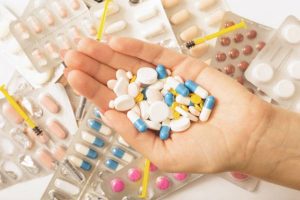
Including high blood pressure medications
- Enalapril
- Lisinopril
- Captopril
- Losartan
- Propranolol
- Metoprolol
Cholesterol medications such as niacin, heart disease medications such as disopyramide, painkillers such as aspirin, blood clotting medications such as pentoxifylline, asthma medications, birth control pills, antibiotics such as pentamidine or sulfonamides, and hormonal disorders can also block insulin.
tip:
- If you forget to take insulin before a meal, do so after dinner.
- Never change the time of insulin injection.
- Do not put the medicine in the freezer.
- Store insulin in the refrigerator at 36 to 46 degrees Fahrenheit.
- Could you keep it away from heat and light?
- Discard insulin after 31 days of no use.
- Do not use this medicine after the expiration date.
- You can easily take this medicine with you at the airport.



